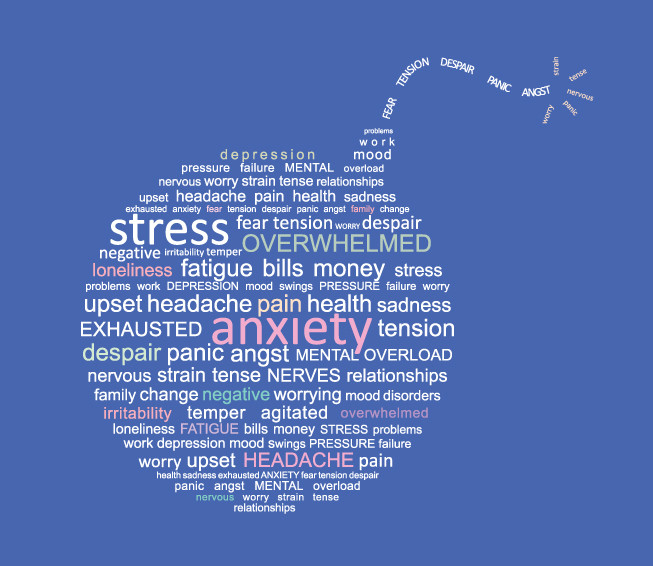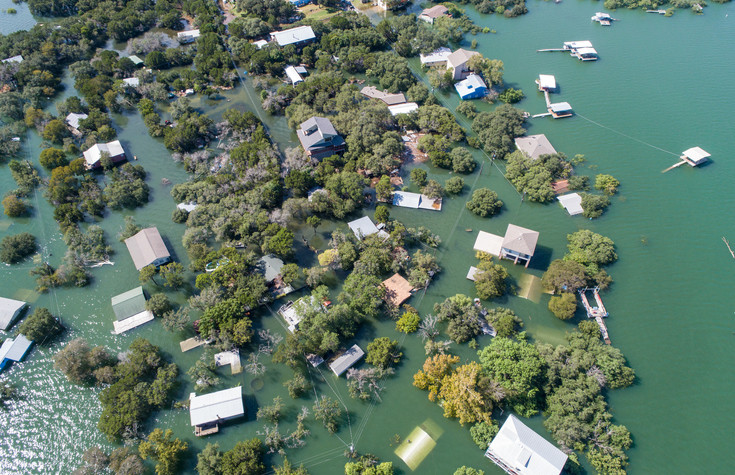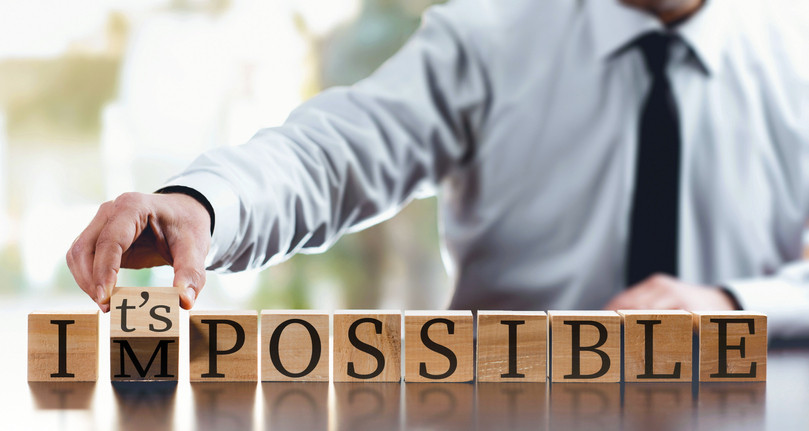
New thinking about plaque in arteries that feed the brain

Want to prevent shifting teeth? Maybe you need retainers

New evidence that polyphenol-rich foods help the heart

What you need to know about the new dietary guidelines

Food that’s healthier for people and planet can be cheaper, too

What are somatic workouts?

How to curb your stress eating

8 simple ways to reduce ultra-processed foods in your diet

How to spot Parkinson’s disease symptoms

Heart failure symptoms in women: How they’re different
Mental Health Archive
Articles
Why dog owners seem to have healthy hearts
Research we're watching
Having a dog often means taking daily walks, a habit that helps stave off heart disease. But that might not be the only reason dog owners have healthier hearts, according to a new study.
The nearly 1,800 participants had no history of heart disease in 2013 when the study began. Researchers scored them based on the American Heart Association's "Life's Simple 7" factors: body mass index, diet, physical activity, smoking status, blood pressure, blood sugar, and total cholesterol. Then they compared the scores of people who owned any pet to those who did not own pets, as well as the scores of dog owners with owners of any pet or no pet.
Optimism: Good for your heart?
Research we're watching
People with a positive outlook on life seem to be less likely to experience serious heart-related problems, according to a review published Sept. 27 by JAMA Network Open.
The study pooled findings from 15 studies involving a total of more than 220,000 people. After a follow-up period lasting an average of nearly 14 years, researchers found that optimism was associated with a 35% lower risk of angina, heart attack, stroke, or death from cardiovascular causes. That benefit held even when they considered studies that took into account depression, physical activity, and other possible confounding factors.
Outrunning the risk of dementia
Even if dementia runs in your family, smart lifestyle changes can help you improve your chances of staying ahead of it.
There are many things you can change about your life, but unfortunately, your genes are not among them. For better or worse, you are dealt a specific genetic hand when you are born. But that does not mean you are defenseless.
Take dementia, for example. If this cognitive disorder runs in your family, new research suggests there are ways to perhaps avoid the same fate.
Will a purpose-driven life help you live longer?
Sexual and gender minorities face unique health risks
Memory problems and confusion are just the newest in a list of health problems that appear to disproportionately affect LGBT individuals.
Past research has shown that sexual and gender minority groups may be at higher risk for certain health conditions, including cardiovascular disease and mental health disorders such as anxiety and depression. A new study suggests that another condition — dementia — may also be on that list. Findings presented at the 2019 Alzheimer's Association International Conference showed that people who identified as a sexual or gender minority were more likely than other people to report worsening memory or increased confusion over the past year.
It's possible that some of the same underlying factors that affect risk of other diseases are playing a role in these reported cognitive changes as well, says Dr. Ole-Petter R. Hamnvik, an assistant professor of medicine at Harvard Medical School. "Almost any health outcome that you look at, you can find disparities in these groups. It's not just dementia," he says.
Can exercise help treat anxiety?
Millions of Americans report having an anxiety disorder. Evidence shows engaging in any sort of physical activity is one of the best ways to ease symptoms of anxiety. Regular activity is best, but even a single bout can help.
Making young minds resilient to disasters
Trauma from experiencing a natural disaster can have long-term effects on the mental and physical health of children. Supportive parents, teachers, and other adults can help children build resilience.
If you are happy and you know it… you may live longer
Plenty of research associates optimism with a reduced risk of certain diseases and conditions. Now, a study suggests that optimistic people are also more likely to live longer.
Medications for depression: Which is best?
There are many medications that can be used to treat mood disorders. But finding the right one can be a lengthy process, and the choice can be more complicated than you might imagine. Just because a particular drug worked for a friend doesn't mean it will work for you. Psychiatrists and doctors who prescribe antidepressants choose a particular drug and dosage based on many factors, including the following:
- Diagnosis. Certain drugs are a better choice for specific symptoms and types of depression. For example, an antidepressant that makes you sleepy may be better when insomnia is an issue. The severity of your illness or the presence of anxiety, obsessions, or compulsions may also dictate the choice of one drug over another.
- Side effects. You may first want to choose a drug based on which side effect you most want to avoid. Medications vary in the likelihood they will cause such problems as sexual effects, weight gain, or sedation.
- Age. As you age, your body tends to break down drugs more slowly. Thus, older people may need a lower dose. For children, only a few medications have been studied carefully.
- Health. If you have certain health problems, it's best to avoid certain drugs. For example, your doctor will want to consider factors such as heart disease or neurological illnesses when recommending a drug. For this reason, it's important to discuss medical problems with a primary care doctor or psychiatrist before starting an antidepressant.
- Medications, supplements, and diet. When combined with certain drugs or substances, antidepressants may not work as well, or they may have worrisome or dangerous side effects. For example, combining an SSRI or another antidepressant with the herbal remedy St. John's wort can boost serotonin to dangerous and, in rare cases, fatal levels. Mixing St. John's wort with other drugs—including certain drugs to control HIV infection, cancer medications, and birth control pills—might lower their effectiveness. Women receiving tamoxifen for breast cancer should take an antidepressant that does not interfere with tamoxifen's effectiveness. Eating certain foods, such as aged cheeses and cured meats, while taking an MAOI can cause a dangerous rise in blood pressure.
- Alcohol or drugs. Alcohol and other substances can cause depression and make antidepressants less effective. Doctors often treat alcohol or drug addiction first if they believe either is causing the depression. In many instances, simultaneous treatment for addiction and depression is warranted.
- Personal and family mental health and medication history. If you or a member of your family has had a good response to a medication in the past, that information may guide your choice. Depending on the nature and course of your depression (for example, if your depression is long-lasting or difficult to treat), you may need a higher dose or a combination of drugs. This may also be true if an antidepressant has stopped working for you, which may occur after you've used it for some time or after you've stopped and restarted treatment with it.
- Cost. Since all antidepressants are roughly equivalent in their effectiveness, you won't lose anything by trying a generic version first.
- Your preference. Once you have learned as much as you can about the treatment options, your doctor will want to know what approach makes most sense given your lifestyle, your interests, and your judgment.
To learn more strategies for battling depression, check out Understanding Depression, a Special Health Report from Harvard Medical School.
Protect your heart, preserve your mind?
Heart attacks may leave people more vulnerable to thinking and memory problems as they age.
Growing older often means slowing down, both physically and mentally. Just as people can't move quite as fast as when they were younger, their thinking and memory abilities — known as cognitive function — may also slowly wane.
Now, new research suggests that people who have a heart attack or angina (chest pain caused by reduced blood flow to the heart) may face a faster drop in thinking skills than people who don't experience those heart-related problems.

New thinking about plaque in arteries that feed the brain

Want to prevent shifting teeth? Maybe you need retainers

New evidence that polyphenol-rich foods help the heart

What you need to know about the new dietary guidelines

Food that’s healthier for people and planet can be cheaper, too

What are somatic workouts?

How to curb your stress eating

8 simple ways to reduce ultra-processed foods in your diet

How to spot Parkinson’s disease symptoms

Heart failure symptoms in women: How they’re different
Free Healthbeat Signup
Get the latest in health news delivered to your inbox!
Sign Up











